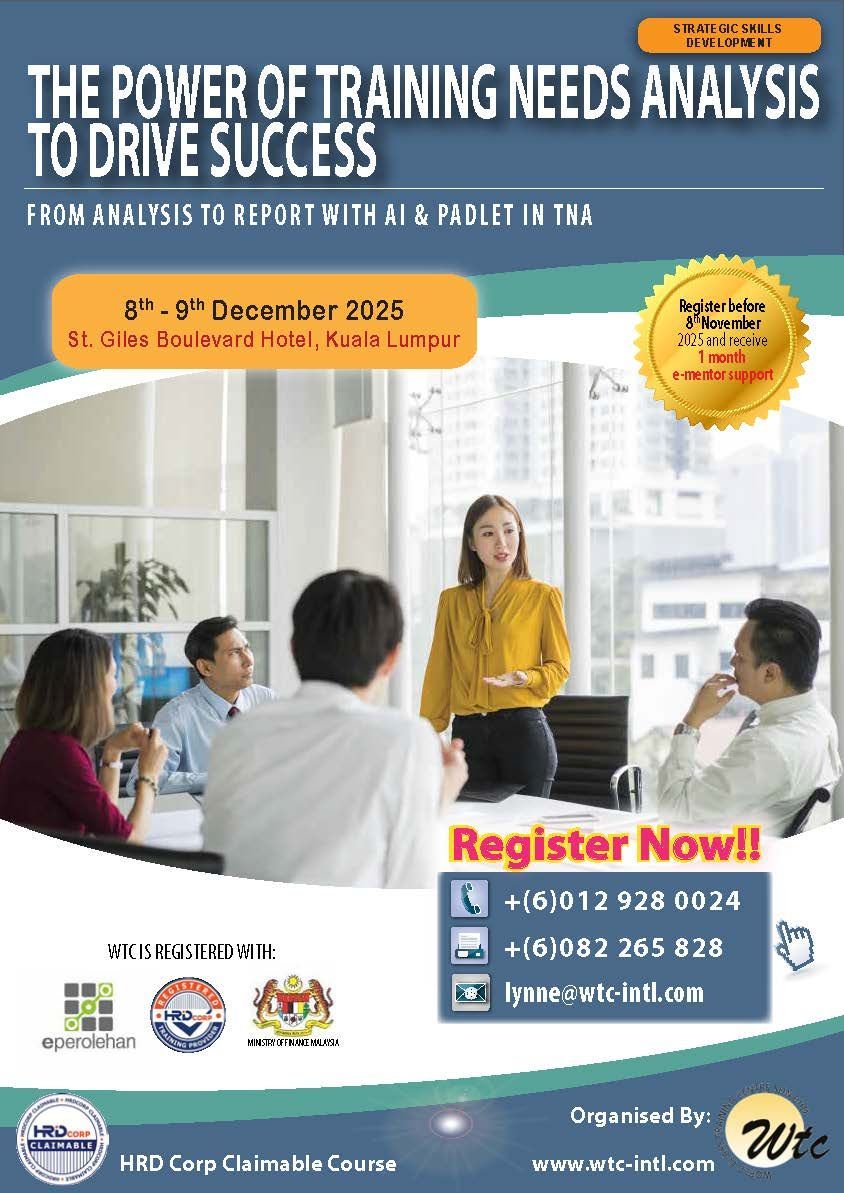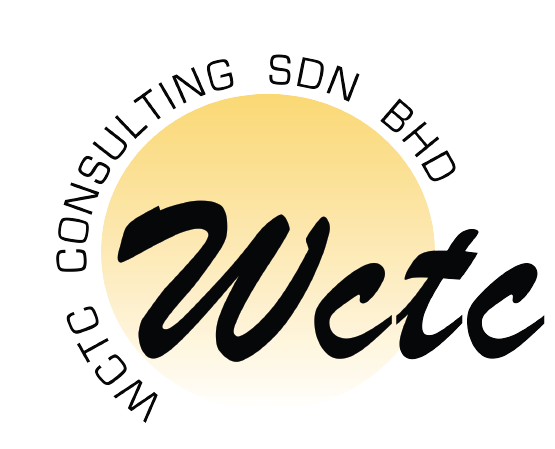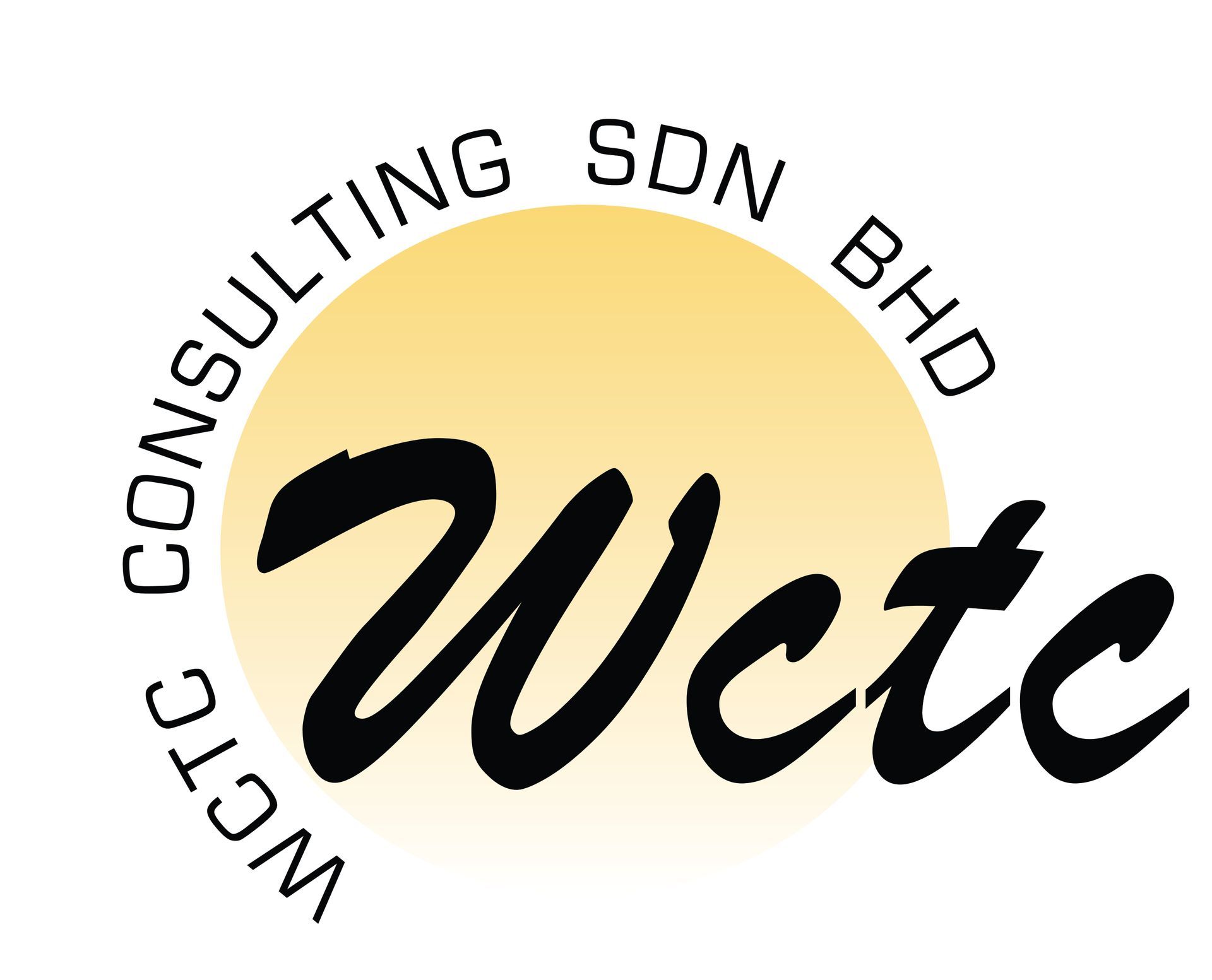OVERVIEW
In today’s rapidly evolving business landscape, organizations are challenged to adapt, innovate, and thrive. One of the most critical factors in achieving sustainable success is ensuring that employees possess the skills and knowledge necessary to meet both current and future challenges. This is where Training Needs Analysis (TNA) comes into play.
Imagine being the driving force behind a well-trained workforce that contributes directly to your organization’s success. In this program, you will learn how to connect the dots between business objectives and employee capabilities, ensuring that every training initiative is impactful and relevant. You’ll discover how to identify performance gaps, prioritize training needs, and design training solutions that foster a culture of continuous improvement.
Our
interactive sessions are designed to engage you fully, allowing you to
dive deep into the nuances of TNA. You will not only gain
theoretical knowledge but also practical skills through
hands-on activities,
case studies, and
group discussions. The insights you’ll acquire will transform how you approach training and development in your organization.
TNA training, Padlet will serve as an interactive board where participants document their entire TNA process up to the TNA Plan and Report, while AI Tools such as ChatGPT or CoPilot analyze patterns and summarize key themes to support L&D professionals in designing targeted programs, content, and reports.
JOIN US for our comprehensive two days program to be better equipped to present your findings to stakeholders, advocate for necessary training programs, and demonstrate the ROI of your initiatives. This means you will be recognized as a strategic partner in driving business success, ultimately positioning yourself and your organization for long-term growth.

Other Workshops:




